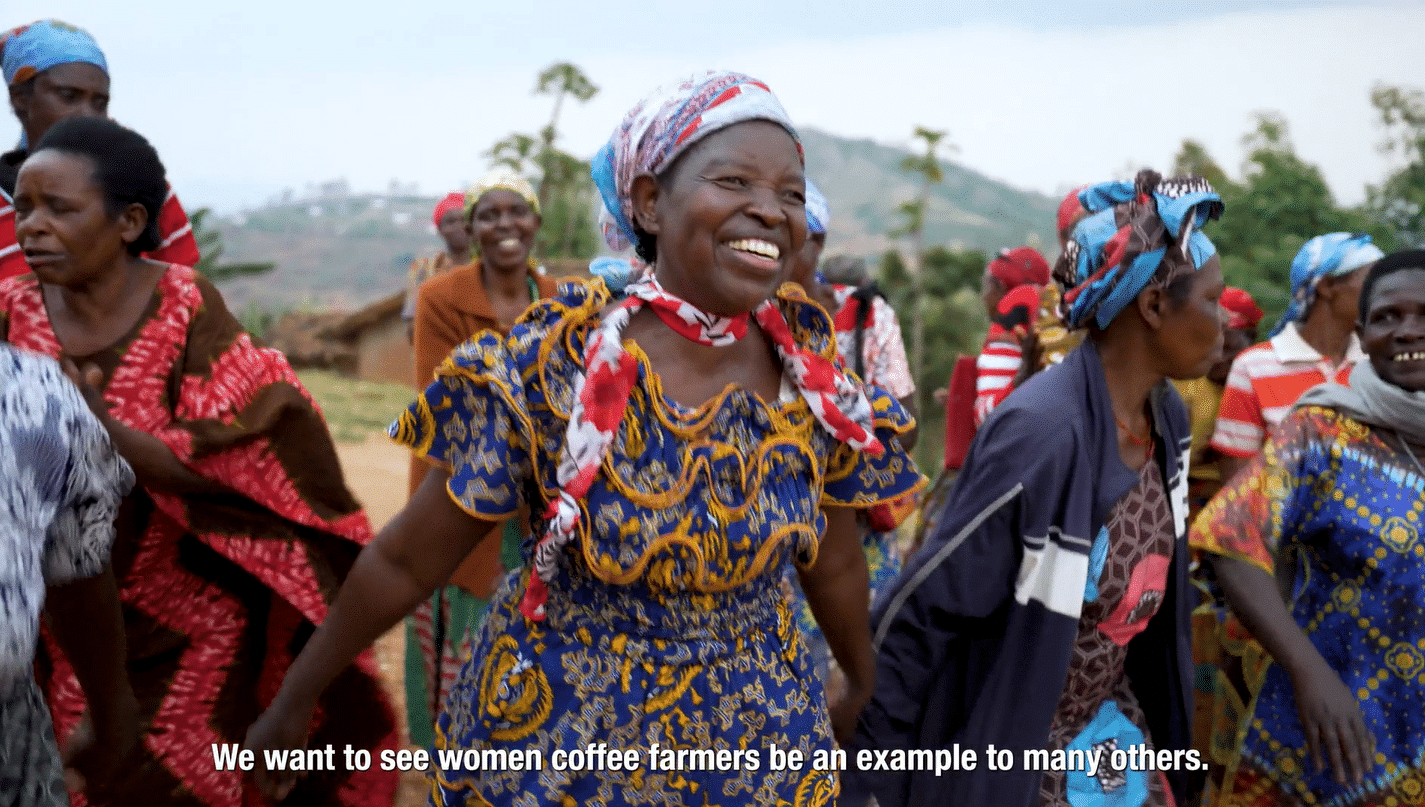
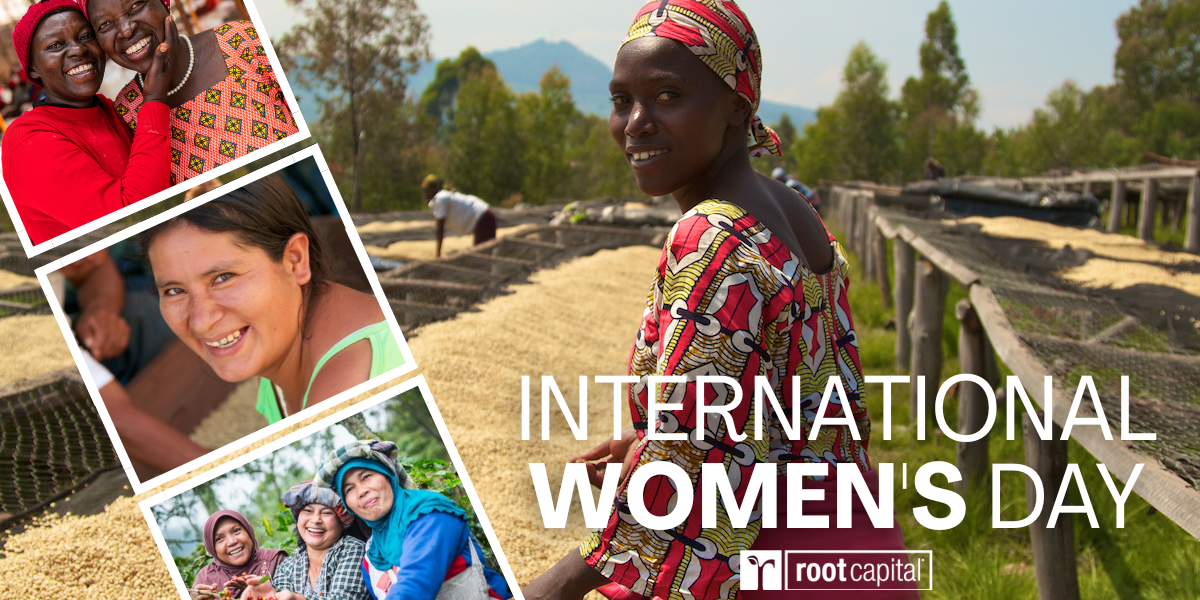
Approximately, 2.5 billion people worldwide rely on small-scale agriculture for their livelihoods. Most of them live below the poverty line. Especially women.
In 2012, Root Capital launched our Women in Agriculture (WAI) Initiative to expand access to finance and technical assistance to more women-led and gender-inclusive businesses. 10 years later, our Director of Women in Agriculture Initiative, Leonor Gutiérrez, connected with some of our clients to understand how the WAI had changed their lives and their communities.
In honor of International Women’s Day, we’d like to share their stories.
Koperative Abakundakawa Rushashi
Koperative Abakundakawa Rushashi in Rwanda has made incredible progress since it started as a smallholder farmer association in 1999. In 2007, it became officially recognized as a cooperative and since then, has grown to include more than 4,750 farmers, 41% of whom are women. Forty percent of their board is also women.
The success of Abakundakawa is even more impressive when viewed in relation to the horrors of the 1994 genocide. During that time, many Rwandan women lost their husbands and were forced to take care of not only their own, but also many orphaned children. These women started to organize their farming practices through three organizations: Hingakawa, Duhingekawa and Abanyameraka, all of which were supported by Abakundawa. Today, they sell premium specialty coffee.
“With [Root Capital’s] training-and the loans they provided-we were able to expand our coffee fields. Today, we know how to do coffee farming professionally. A female coffee farmer is very valuable and serves as an inspiration for many others.”Jacqueline Nyirandimubanzi, President of Hingakawa Association
Asociación Asobagri
Asobagri was Root Capital’s very first client! In 1999-the year it exported its first bag of coffee to the US-we loaned them $73,000. The following year, the association reformed its governance structure to ensure that the board of directors and other leadership roles included smallholder farmers. Central to those changes was women’s representation.
In 2019, 182 women associates came together to launch “Café Dueñas” (Women-owned Coffee). The specialty coffee sells $2 more per bag at international markets and is an important source of income for the women. With their profits, they created a fund that provides low-interest loans for women farmers to pay for pre-harvest activities, promote education and provide maternal health. These funds are also available for the wives and companions of male associates. Today, Asobagri’s board is 33% women, and 500 of its 1,500 associates are women.
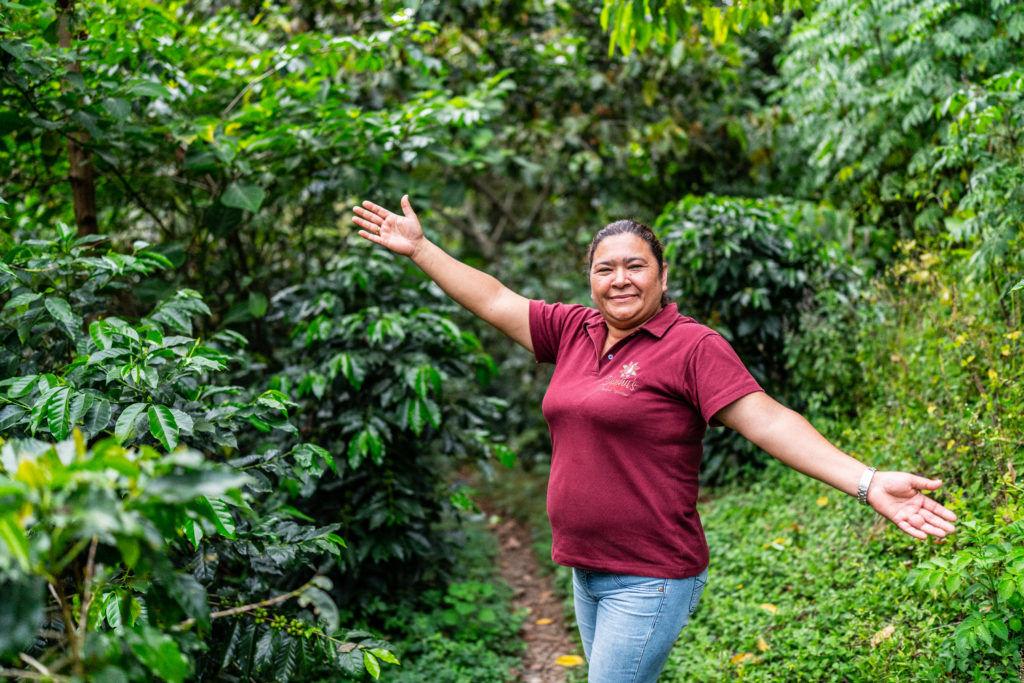
“We have monthly meetings with the board of directors of Asobagri and the gender commission. Women now have a voice and vote. We can discuss how our members can be helped in the communities.”Hilda Barrios, Gender Commission President at Asobagri
You may also be interested in...
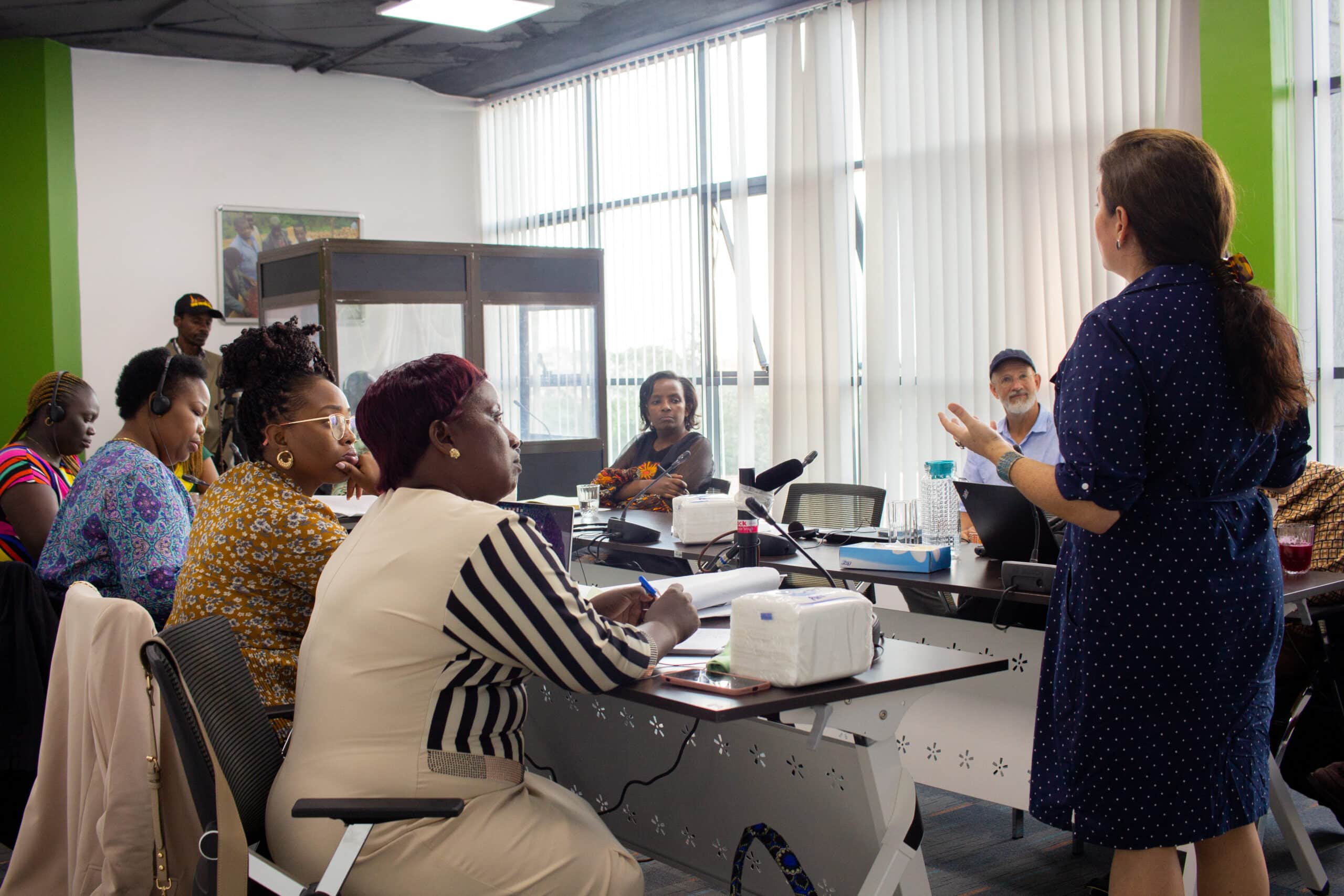
Meet the Women’s Council
Date:
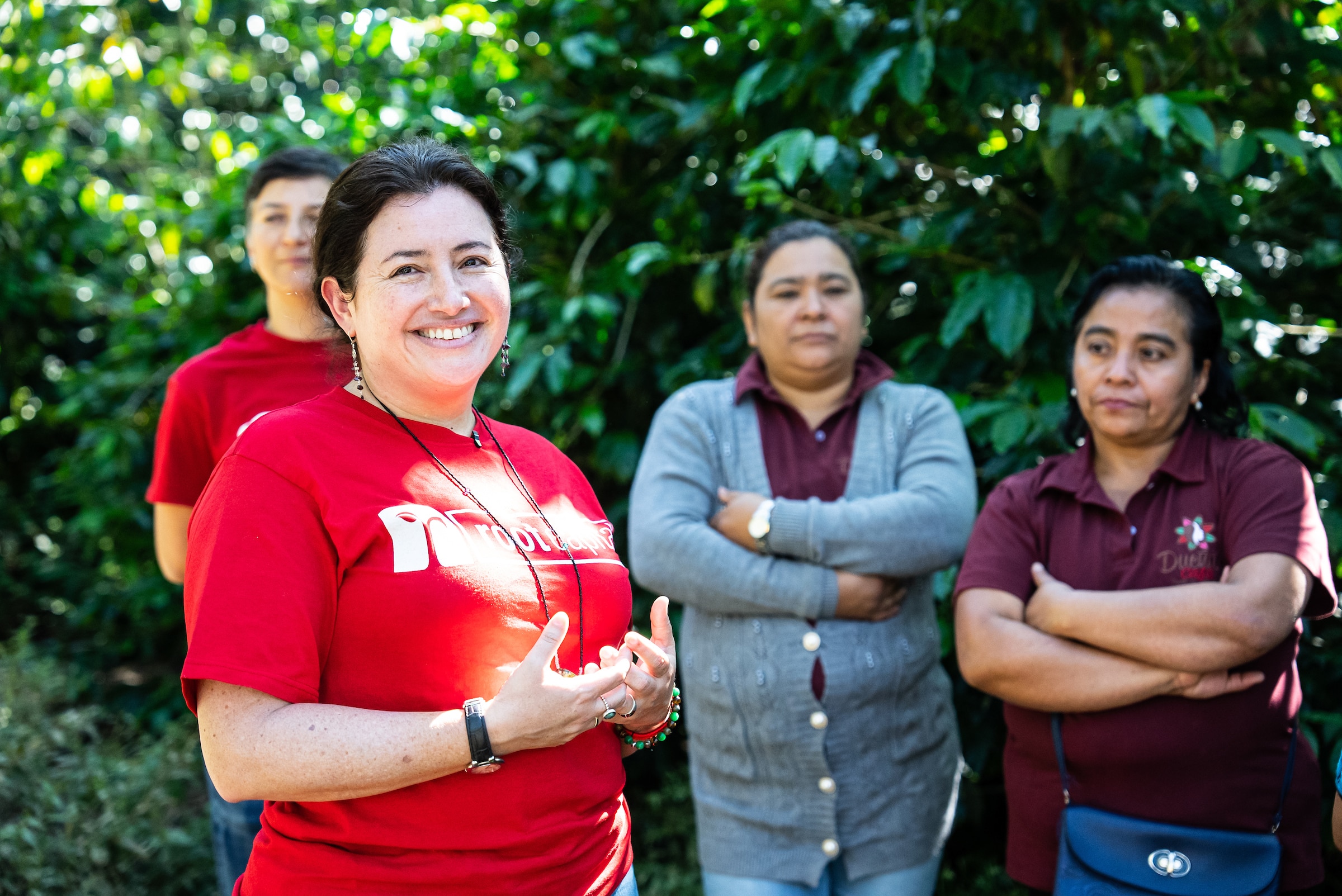
Closing the Gender Gap in Agricultural Finance: A Shared Commitment
Thirty-six percent of women globally and more than sixty-five percent of women in regions such as sub-Saharan Africa and South Asia earn their living from the agriculture sector. Yet, women receive only seven percent of total agricultural investment…
Date:
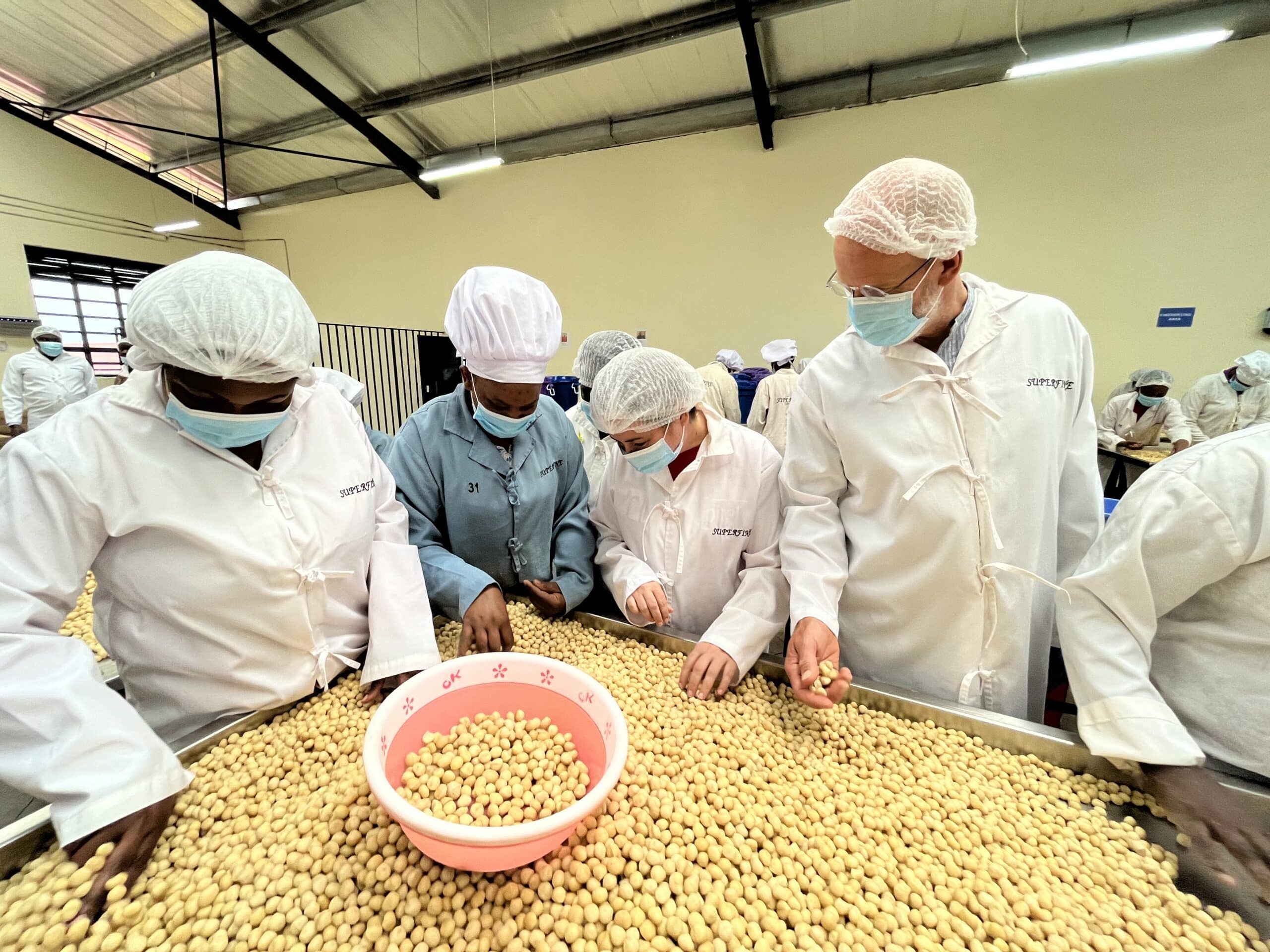
A Journey Into the Heart of Kenya’s Macadamia-Processing Region
Date: